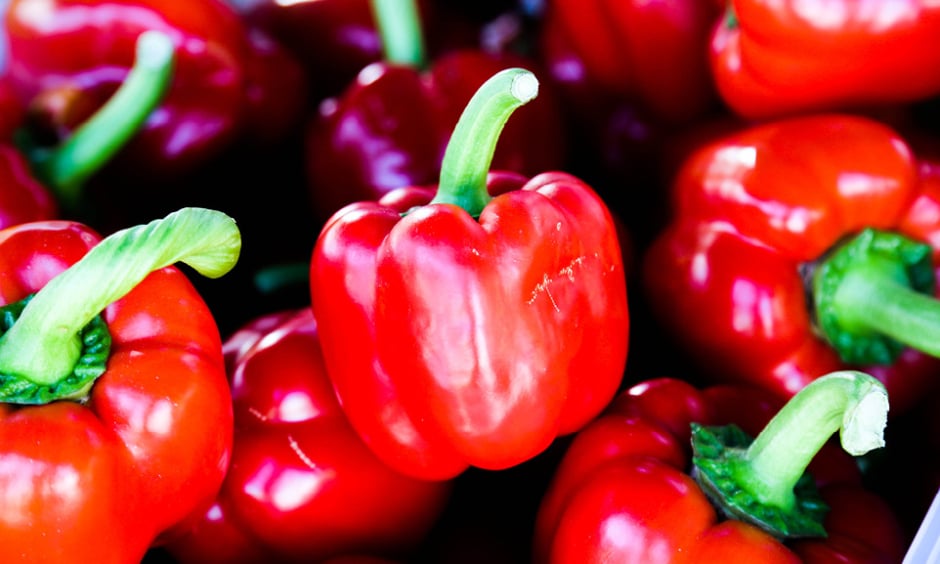FLAVONOL could hold a protective effect against Alzheimer’s disease according to the results of a recently published study from the Rush University in Chicago. The study followed almost 1,000 participants over an average of 6 years, finding that those who consumed a higher amount of flavonol were less likely to develop Alzheimer’s as they aged.
The study enrolled 921 participants whose average age was 81 years. None of the participants had Alzheimer’s dementia at the start of the study. Each participant completed a questionnaire annually recording how often they ate certain foods as well as their level of education, their physical activities, and their mental stimulation. They were split into five groups dependent on their level of flavonol intake: the lowest group took in approximately 5.3 mg per day and the highest group took an average of 15.3 mg per day. Each year, for an average of 6 years, the participants were tested for Alzheimer’s dementia using a variety of testing methods.
During the study, 220 people developed Alzheimer’s dementia; those in the group that consumed the highest amount of flavonol were 48% less likely to develop Alzheimer’s dementia than those in the lowest group after adjusting for genetic predisposition and demographic and lifestyle factors. In the highest group, 15% of the participants developed Alzheimer’s dementia compared to 30% of the participants in the lowest group. Different types of flavonol were also assessed, and researchers found that a high intake of kaempferol was linked to a 51% lower likelihood of developing the disease, whereas quercetin did not appear to be linked to a lower likelihood.
Study author Dr Thomas M. Holland commented: “Eating more fruits and vegetables and drinking more tea could be a fairly inexpensive and easy way for people to help stave off Alzheimer’s dementia. With the elderly population increasing worldwide, any decrease in the number of people with this devastating disease, or even delaying it for a few years, could have an enormous benefit on public health.”
Even though an association was found in this study, there is not enough evidence to suggest causation between consumption of flavonols and a reduction in disease risk. The fact that the questionnaire data was self-reported means that it is not likely to be 100% accurate. A further limitation is that the majority of participants were white and therefore the results may not reflect the general population.








